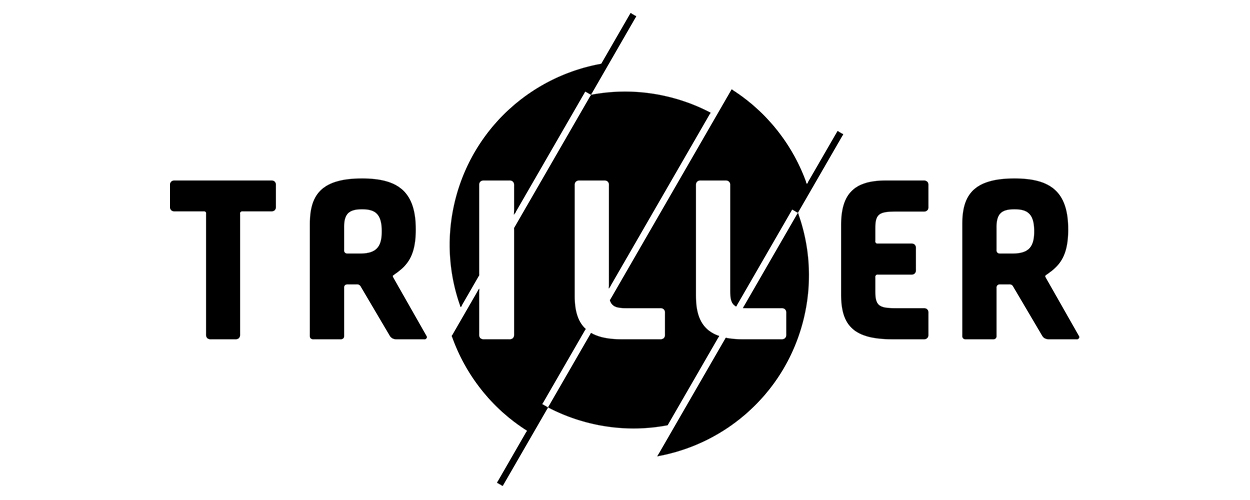This website uses cookies so that we can provide you with the best user experience possible. Cookie information is stored in your browser and performs functions such as recognising you when you return to our website and helping our team to understand which sections of the website you find most interesting and useful.
Business News Digital Labels & Publishers Legal Top Stories
Triller removing music from its app as label deals expire or are “reassessed”
By Chris Cooke | Published on Monday 5 December 2022

TikTok rival Triller has started removing a load of tracks from its music libraries. Possibly because its deals with the record labels are expiring. Possibly because it owes at least some labels a stack of cash. Possibly to save some money. Possibly because Triller users aren’t really interested in all that stinky music. And possibly because of all these things.
Billboard reported on Friday that Triller was removing tracks controlled by all three majors and Merlin-allied indie labels as the video sharing app “reassessed” its music deals. That report came as Merlin confirmed to its member labels that its most recent licensing deal with Triller had expired and is yet to be renewed.
Sony Music, meanwhile, is currently locked in a legal dispute with the Triller company, it having sued in August over claims that the digital firm had a history of making late payments, and had then stopped making payments altogether earlier this year, so that millions of dollars are now owed to the music major. Requests for payment have been met with “near-total radio silence”, Sony’s lawsuit also alleged.
Billboard’s Friday report cited one major label source who reckoned that similar disputes over late payments – and millions more of unpaid royalties – were why music was now being removed from the Triller app. However, a Triller spokesperson has insisted that those claims are “false and grossly inaccurate”.
In a lengthy statement this weekend, Triller said: “The accusation that we are taking down music because of millions of unpaid royalties is simply not true. We have current active agreements with Universal Music and Warner Music, which is more than 65% of the used popular music”.
“Of the three major labels”, it added, “Sony Music is the only one we do not have a current agreement with and haven’t renewed. We have a dispute with Sony over $2 million, a dispute which will be decided in the court system”.
Meanwhile, the statement went on, music is mainly being removed from the Triller app because its data suggests users don’t want to insert those tracks into their videos, preferring to create their own soundtracks, or to lift audio from the videos of other Triller creators via the ‘OG sounds’ function.
“We can confirm we assessed the app usage and a very small percentage of our users use the major label music as most of our users enjoy to make their own content with OG sounds and to upload on their own. Most of Merlin’s music is indie rock and dance; both genres which [have] a lower interest on the Triller app. It therefore makes no sense for Triller to continue spending tens of millions of dollars a year for music virtually no one uses on Triller”.
And without having to shell out all that money to the music industry, the statement explained, the Triller company will make more profit, making the whole venture more desirable to investors as it proceeds with its planned IPO.
Which is true. If Triller users really aren’t interested in using commercially released music in their videos. Though creators on other short-form video apps clearly are interested in using commercially released music in their videos. But maybe the Trillerers – is that what we call them? – are a totally different breed of video-makers.
Triller’s statement also talked about how it is seeking to rework its music industry licensing deals so that they are revenue share based rather than lump sum arrangements.
On one level, that actually fits with the music industry’s own agenda. Record labels and music publishers – which have often done lump sum deals with short-form video apps, where they get a fixed payment for each licensing period – are seeking to evolve those deals into revenue share arrangements, where music companies get a cut of each digital firm’s ad income.
That said, that arrangement only really works for the labels and publishers when there’s a decent amount of revenue in which to share. And even with revenue share deals – which are the norm with Spotify-style services – labels and publishers often still push for upfront advances which are recoupable over a fixed time period. Because, you know, who doesn’t love an advance?
But Triller remains confident that it can negotiate deals that work for the music industry, for its creators, and for its future shareholders. Providing no luddites over there at the labels and publishers fuck things up.
“Our approach and value proposition is not business-as-usual”, its statement concluded. “We strive to work with all players in the creator ecosystem with fair and transparent economics, which certainly upsets the apple cart of those who are part of the current ecosystem. This is not the first label we will have to battle with given the way the current model works, and [it certainly won’t be the] last. Big change causes big ripples. We are confident at we are on the right side of history”.
Yeah, maybe.





